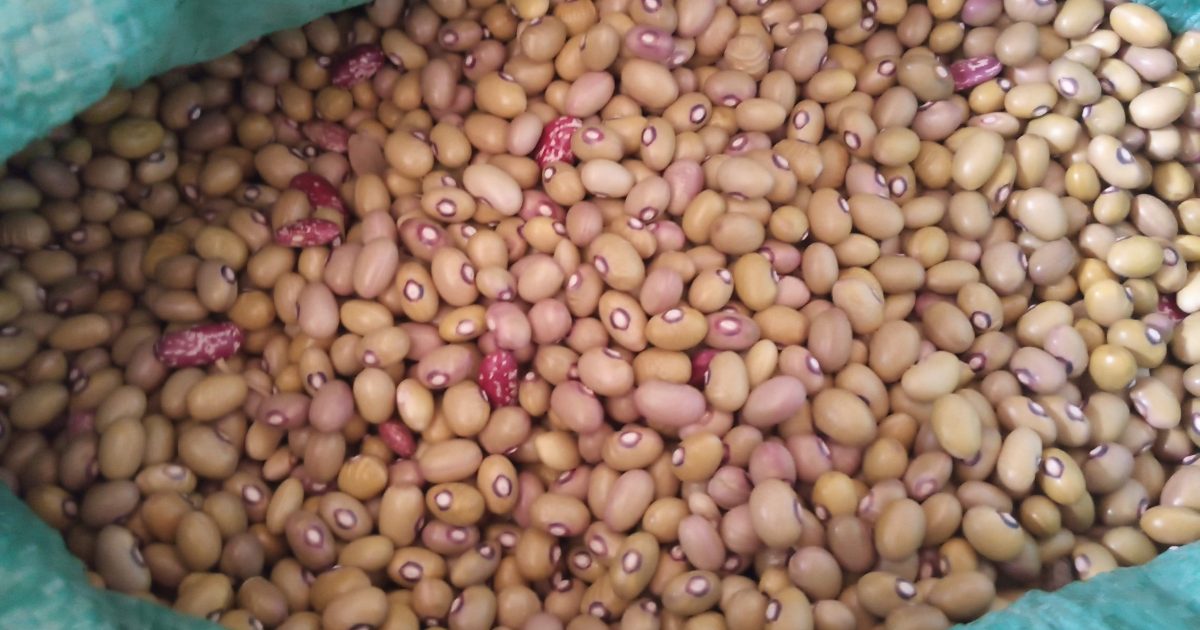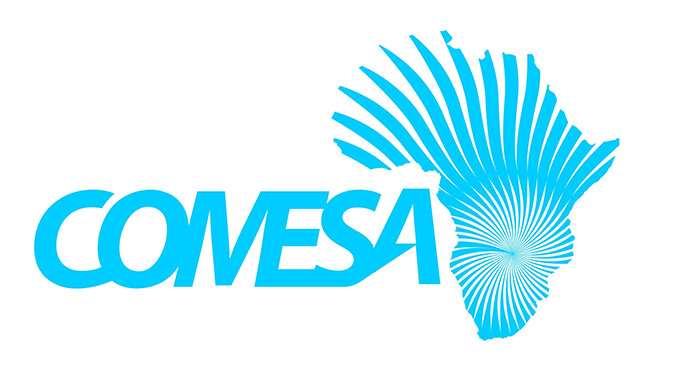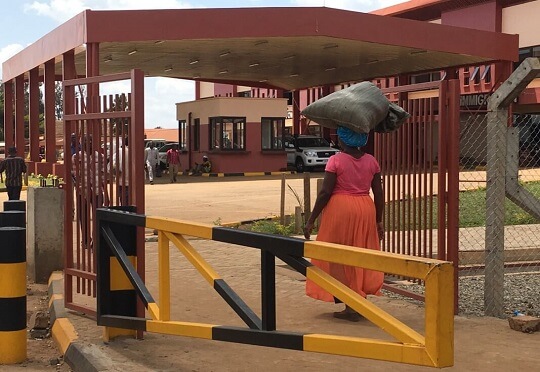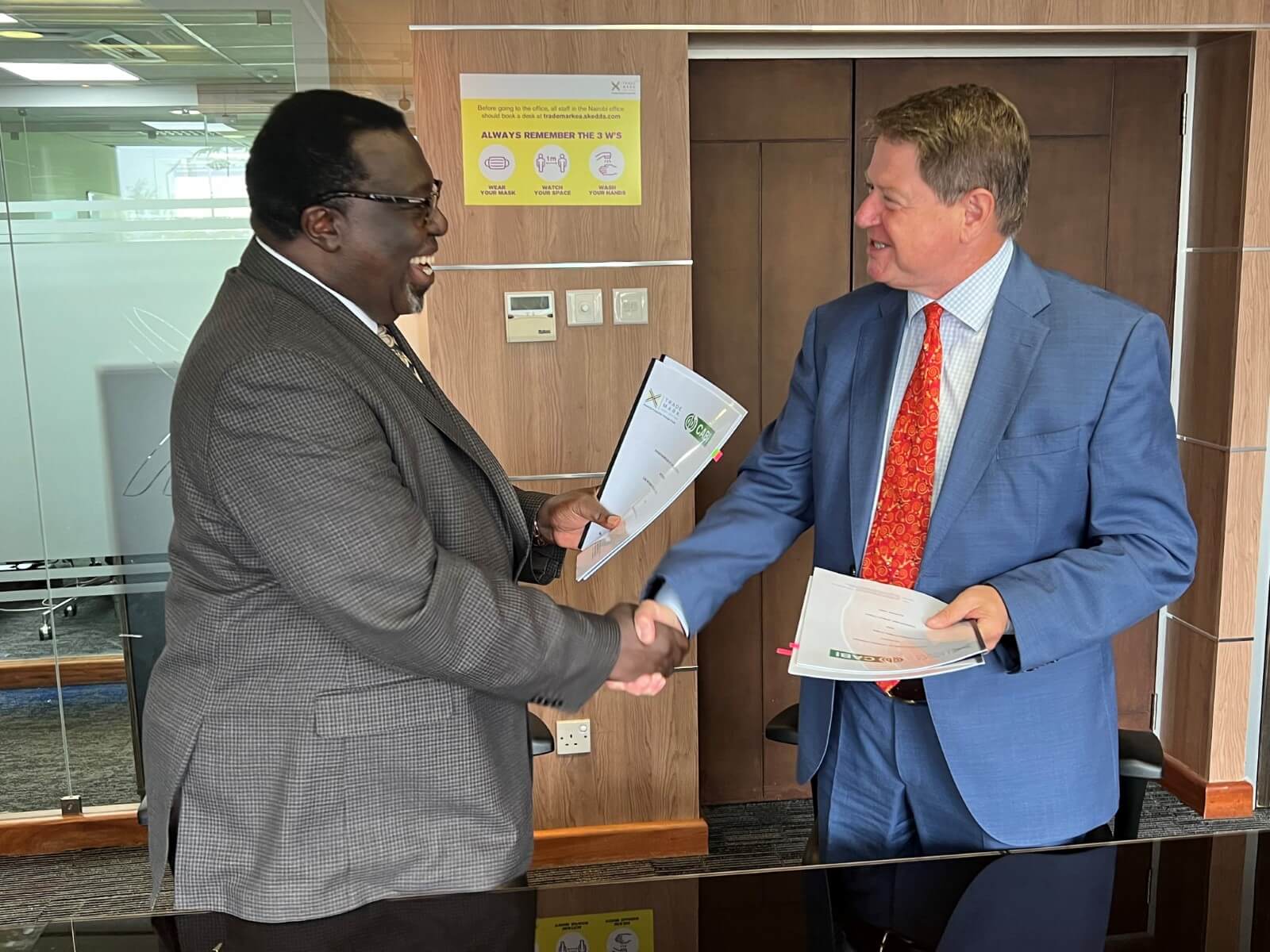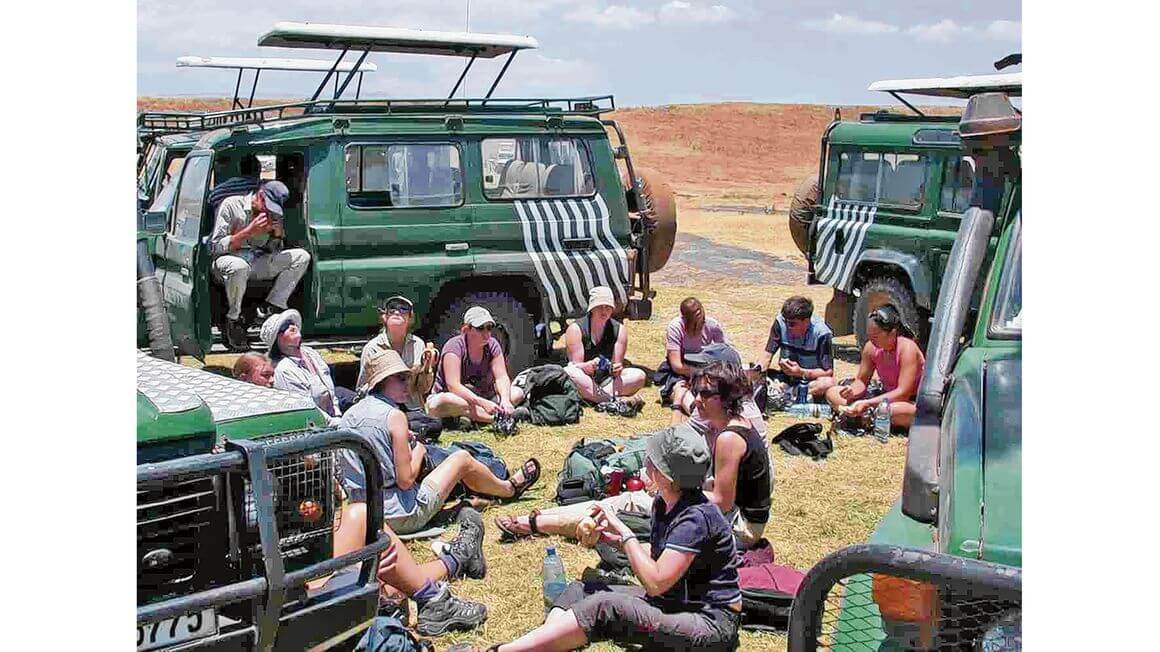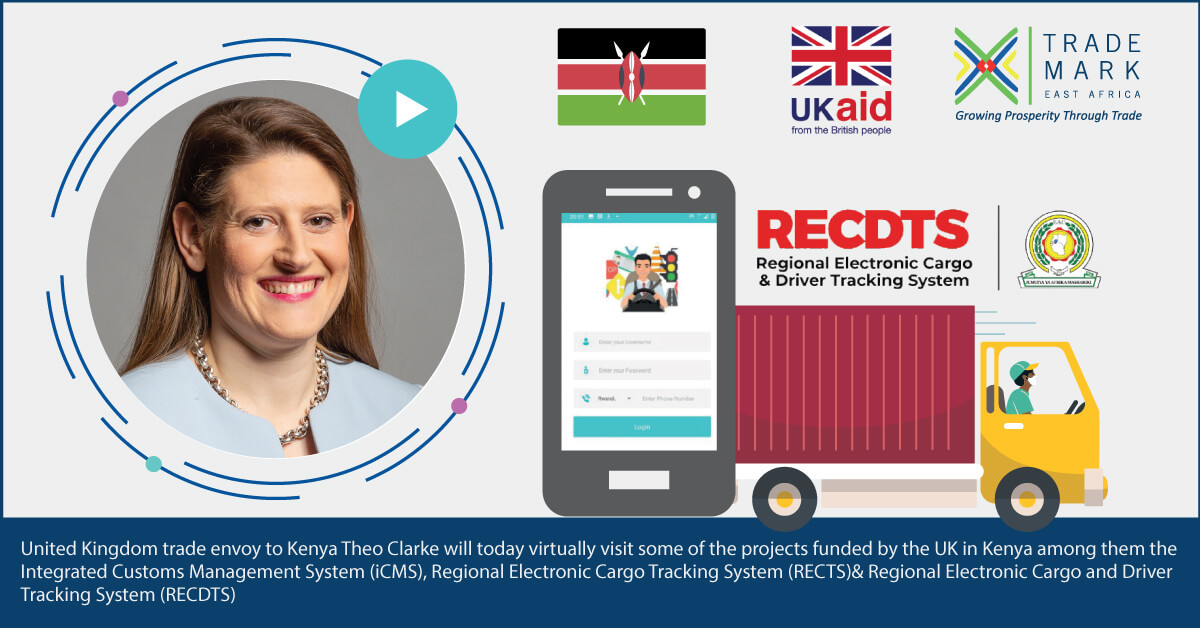Stakeholders trading on cereals in the East African Community region have converged in Kenya for a two day meeting to brainstorm on issues affecting the sector in the wake of acute deficit of the commodity. The meeting that has brought governments officials, farmers and the business community from Kenya, Uganda, Tanzania, Rwanda, Burundi , Botswana, Zambia and DRC are set to propose ways of unlocking the bottlenecks and come up with interventions that will promote seamless grain food trade across the re to spur development. Speaking during the forum ,East African Grain Council (EAGC) Gerald Masila said that trading in the region is mostly informal with approximately two-thirds of food trade done through informal channels. Trade, he further said was not structured with multiple layers of value chain players, which leads to relatively high transaction costs, pricing is also not underpinned by market fundamentals and thus being highly speculative at all levels. “Solutions to local trade will have to look at issues such as regulations, logistics and also scale as this is the only way to bring down cost of trading locally and also get much more from local trade”, Masila said. He noted for example the reason maize importers in Kenya are not able to access white non –GMO maize that would help reduce the cost of “unga’ is that globally there is more GMO maize produced than the non –GMO. “ The government allowed for duty free importation of maize to bridge the gap and to bring down...
EAC Grain Traders Meet
Posted on: May 5, 2023
Posted on: May 5, 2023

